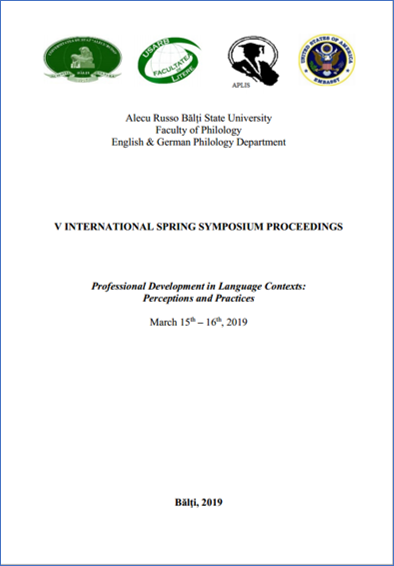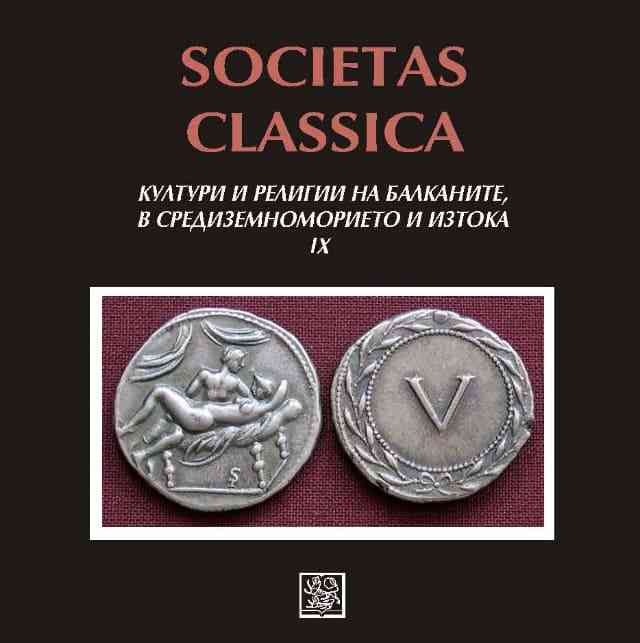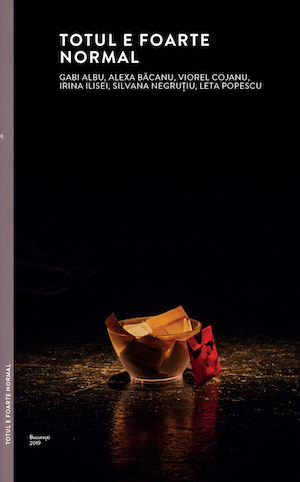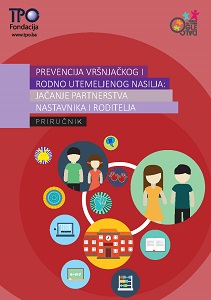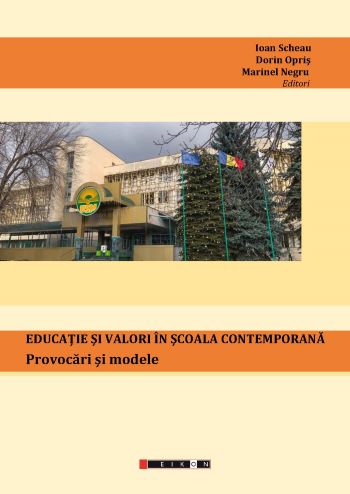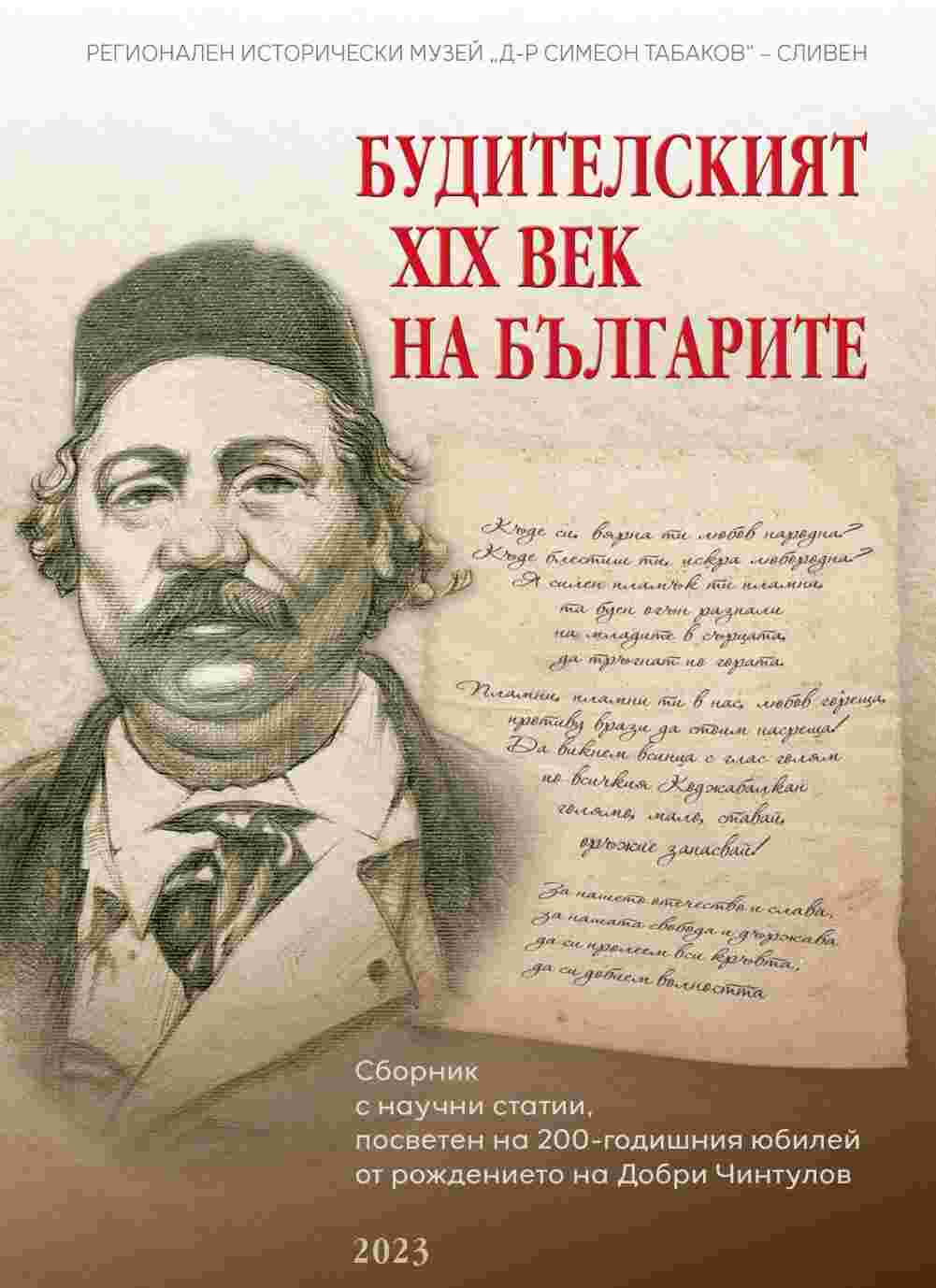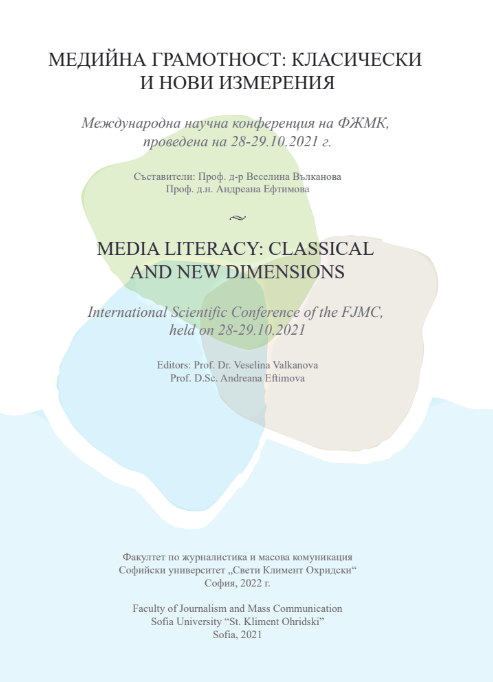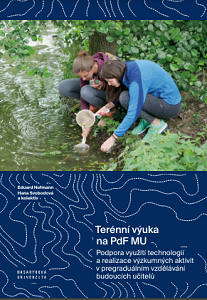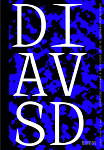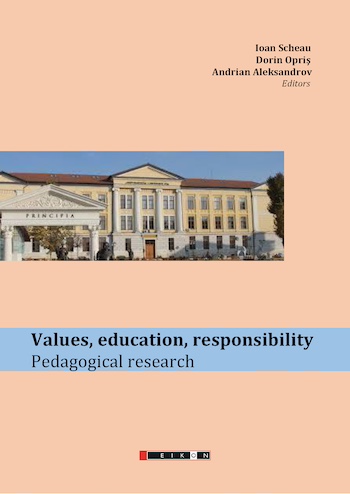Author(s): Jiří Hanuš,Tomáš Malý / Language(s): Czech
Publication Year: 0
Od druhé poloviny 15. století se lidé v Africe, Americe, Indii, Japonsku, Číně i v Tichomoří stále častěji setkávali s evropskými objeviteli, obchodníky, vojáky KONTEXT: i misionáři. V 16.–18. století se v této souvislosti odehrávala intenzivní kulturní výměna mezi křesťanským evropským světem a domorodými, zcela odlišnými kulturami různých kontinentů. Křesťanské misie představovaly v tomto procesu jeden z činitelů zásadní proměny křesťanské společnosti a kultury evropského Západu, stejně jako společností, které se s Evropany setkávaly. Téma raněnovověkých misií se pojí nejenom s nevědeckými dezinterpretacemi, ale také s odbornými kontroverzemi, jež pramení mj. z proměny nahlížení na dějiny mimoevropských civilizací. Historikové se postupně odklonili od evropocentrismu a začali v otázce zámořských objevů a kolonizace zohledňovat kromě klasického pohledu evropské historiografie (perspektiva „dobyvatelů“) také pohled potomků domorodců (perspektiva „podrobených“). Na povrch se také vynořily různé možnosti interpretace toho, co se v 15.–18. století odehrálo: V oblasti Střední a Jižní Ameriky to mohlo být na jedné straně rozšíření evropské křesťanské civilizace, jazyka a kulturních modelů, na straně druhé pak demografická a postupně i morální devastace populací původních obyvatel, mající drtivé následky do dnešní doby (viz například festival dokumentárních filmů Jeden svět o důsledku relativně nedávných křesťanských aktivit v Paraguayi: https://www.jedensvet.cz/archive2/rocnik/2021/44518-zbylo-nam-jen-slunce) . Je tedy užitečné pochopit tuto látku v historickém kontextu a zohlednit při tom pohled různých historických aktérů – dobyvatelů, misionářů, domorodců. To vše nám může pomoci porozumět nejenom událostem minulým, ale i tomu, co se na mnoha místech světa děje dnes.
More...
